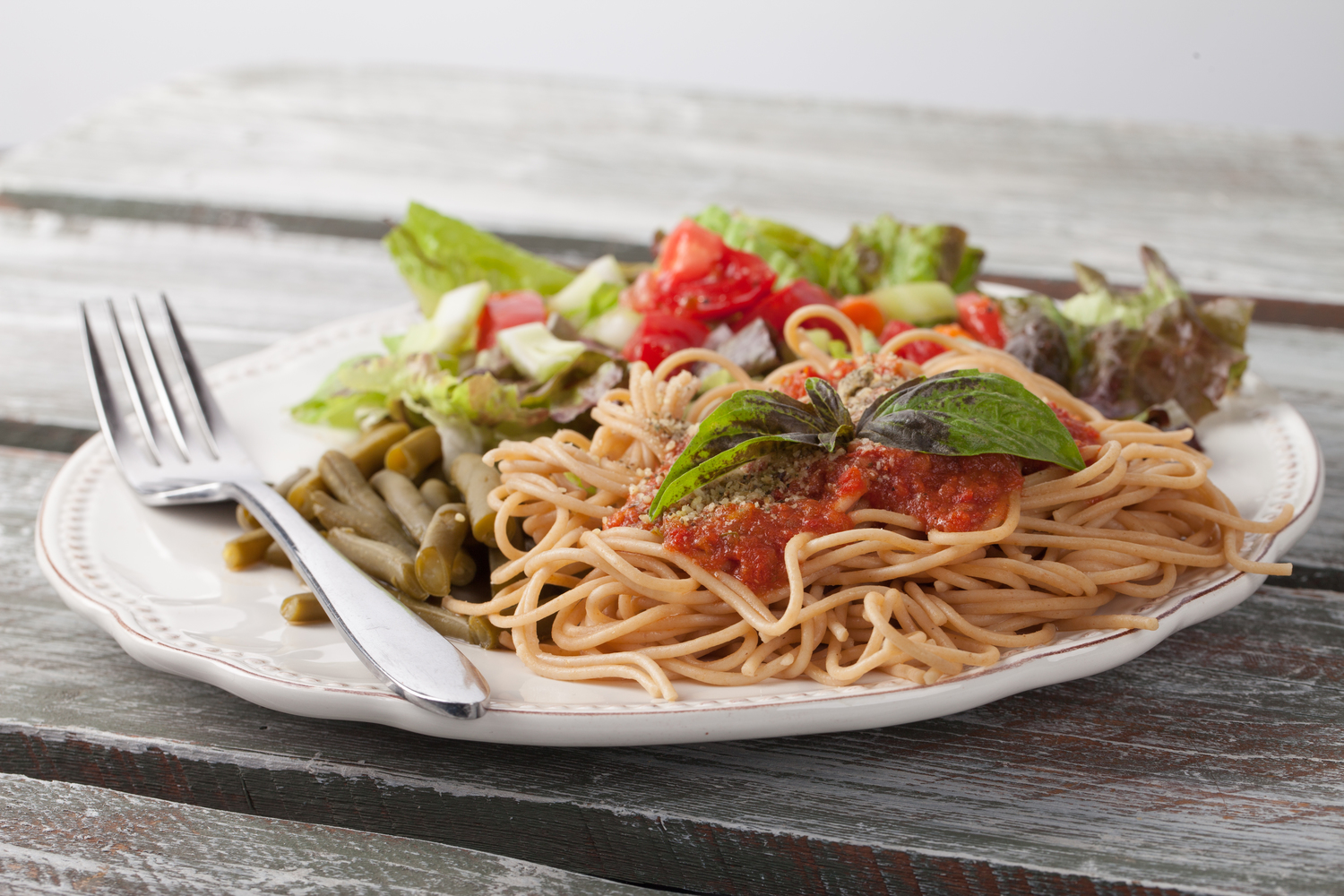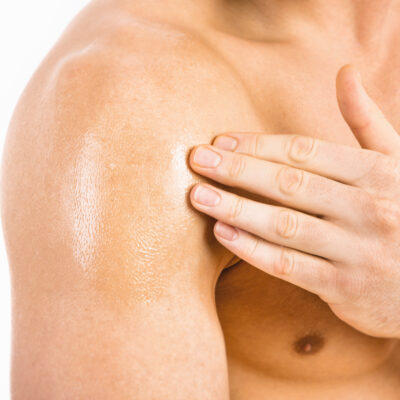
Dietary changes to make after a heart attack
Heart attack or myocardial infarction is a severe medical emergency where the supply of oxygenated blood to the heart gets blocked due to some reason, and the heart muscles become deprived of oxygen and nourishment. If help does not come on time, the muscle starts dying within a few moments. Heart attacks are a widespread medical issue in the country, and studies have revealed that every 40 seconds, a person experiences this emergency.
Basic nutritional guidelines for patients who’ve suffered from a heart attack
The American Heart Association recommends that patients with coronary artery diseases (CAD) like heart attack, angina, or acute coronary syndrome should be vigilant about their food consumption. Studies have revealed that a healthy diet helps to improve cardiac health. Patients should have adequate quantities of fresh fruits, vegetables, and whole grains in their regular diet.
Foods to avoid after a heart attack
Nutritionists recommend that patients who’ve suffered from a heart attack should avoid food products which have a sizeable quantity of saturated fats (poultry with skin, fatty meat like pork and beef, butter, coconut, and palm oil) and trans fats (cookies, doughnuts, cakes, crackers, and frozen pies). These two groups of fats lead to the buildup of plaque within the arteries. It may, in turn, clog the arteries and prevent the blood from flowing through them. In many cases, this condition leads to a heart attack.
The significance of Mediterranean diets
Mediterranean diet is the common name for the traditional food habits of the people living in Mediterranean countries. They predominantly consume plant products including fresh fruits, vegetables, whole grains, nuts, and legumes in their regular meals. Among dairy and animal products, they consume a moderate serving of cheese, yogurt, eggs, fish and other seafood. The principal characteristic of a Mediterranean diet is the generous use of olive oil which is a rich source of monosaturated fatty acid. In addition to this, they regularly have red wine with their meals. Studies have established that Mediterranean diets have a beneficial effect on the heart.
Daily guidelines for selection of foods
After suffering a heart attack, the patient should follow some guidelines while selecting foods.
- It is better to have about five servings of fresh organic vegetables and two servings of fruits throughout the day.
- While choosing bread, rice, pasta, and noodles, opt for the ones made of whole grains.
- Reduce the intake of processed and canned food including sausages, deli meat, and salami.
- Include two to three servings of fish and seafood and six eggs in the diet throughout the week.
- In the case of meats, opt for extra lean ones as they have a limited quantity of fat.
- Avoid salty snacks and fries. Drink enough water and reduce the intake of caffeinated drinks and soft drinks with added sugar.
A heart attack is a severe medical condition, but by taking some precautions, the affected person can lead a healthy and active life.


